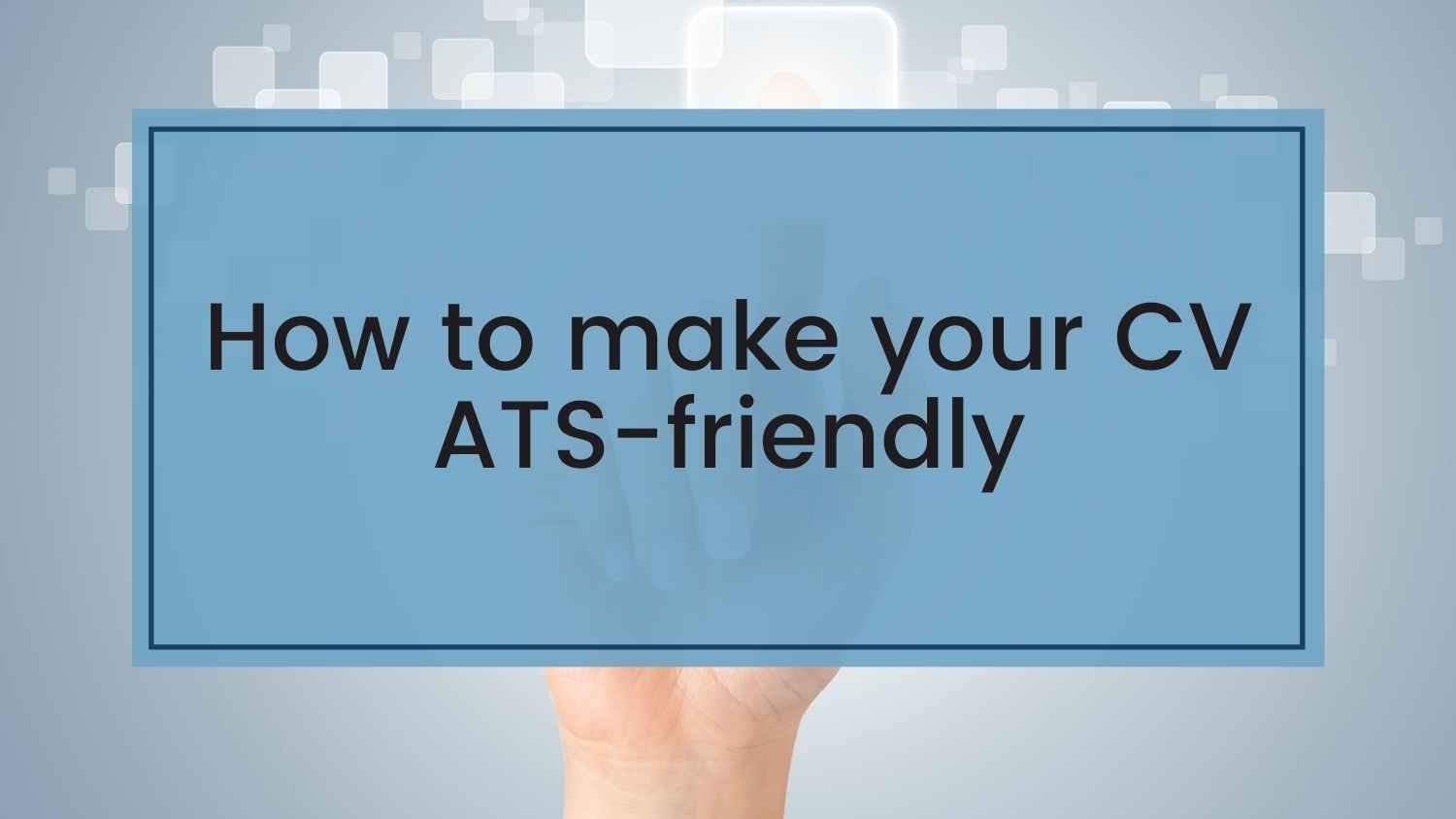Find out now: Are you a corporate or a start-up person?
You may have heard that Germany has seen a surge in start-up businesses in recent years, which attracts many internationals. What does it mean to work in a German start-up compared to a conventional corporate? Here are a few main distinctions:
Disclaimer: Each start-up and corporate is distinct from the others. We present some of the most common general characteristics in this article, so that you could get a rough understanding of the differences in work culture and opportunities between the two. This does not mean it applies to ALL of the startups/ corporations.
Start-ups
They are usually vibrant, tech-savvy, the dress code is more casual. They are pet-friendly, and might have cool offices, a pool table, and a fresh fruit bowl or a fridge full of beer at all times. Pretty fun, huh?!
Pros and cons:
They usually offer a lot of opportunities for internationals.
Fast-paced, pivots often happen in a short period of time.
Small teams, therefore each team member plays a significant role and should be responsible and accountable.
Flexible-business model prone to changes.
Budget is often lower, and not as stable as a corporation.
Flat hierarchy.
Less formal
Less safety, the start-up might fail.
Performance based promotion: You can develop faster career-wise faster.
You’ll be well integrated in a start-up if you are: creative, very passionate about your work, have an entrepreneurial mindset, want to have a big impact within the company, innovative, have a high learning curve, like taking on a lot of responsibilities and do things outside your title, experience in various tasks and projects. If this sounds like you, you will enjoy the start-up culture and nature!
Corporates
In Germany, there are also many opportunities in corporate settings. They are larger businesses with far more workers, larger budgets, are more robust, and they have typically been in business for many years. Although getting a job in a corporation is certainly possible, bear in mind that many of them are more conventional, with a German mentality and climate (also the business language might be, you guessed it: German).
Pros and cons:
Relatively secure workplace in which it is more difficult to dismiss workers (after the probation period has ended).
Usually have structured guidelines and protocols
You may have the opportunity to go abroad or to handle foreign markets, a good chance to leverage your international experience
Processes-based, you will be asked to do just what you were hired for, and typically not much more than that.
Since the work environment is more stable and coordinated, transitioning from one role to the next can be more difficult and time consuming.
A clear job prospects in terms of internal promotions.
Innovation and change take time.
Taking on duties requires time.
Larger budgets that allow for bigger projects and resources
More employee benefits
Hierarchic environment
You’ll be well integrated in such a company if you are: looking for stability, work-life balance, a decent wage, a labor union, climbing slowly the corporate ladder, prefer structured processes over rapid changes, and looking for a place to stay for a long time.
Bear in mind that this isn’t black and white. Some of the big corporations are adopting start-up characteristics, and vice versa.
You'll find job openings from both on our job board.
Good luck!










